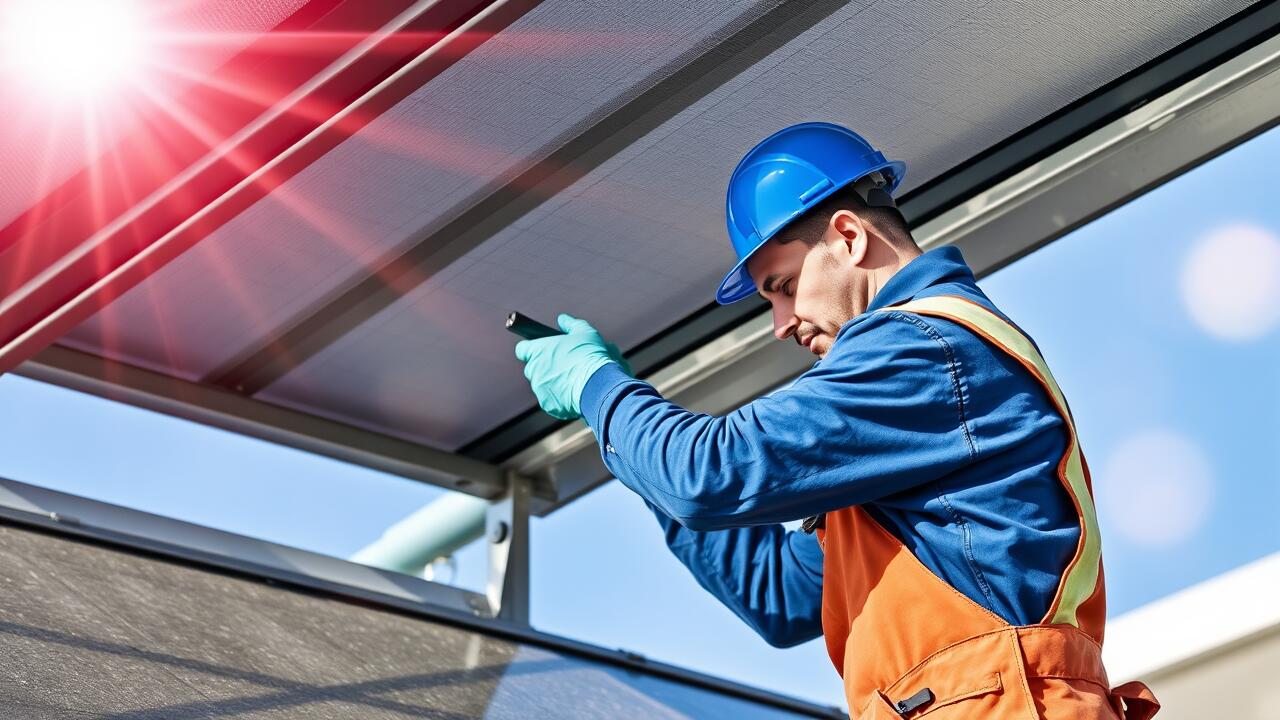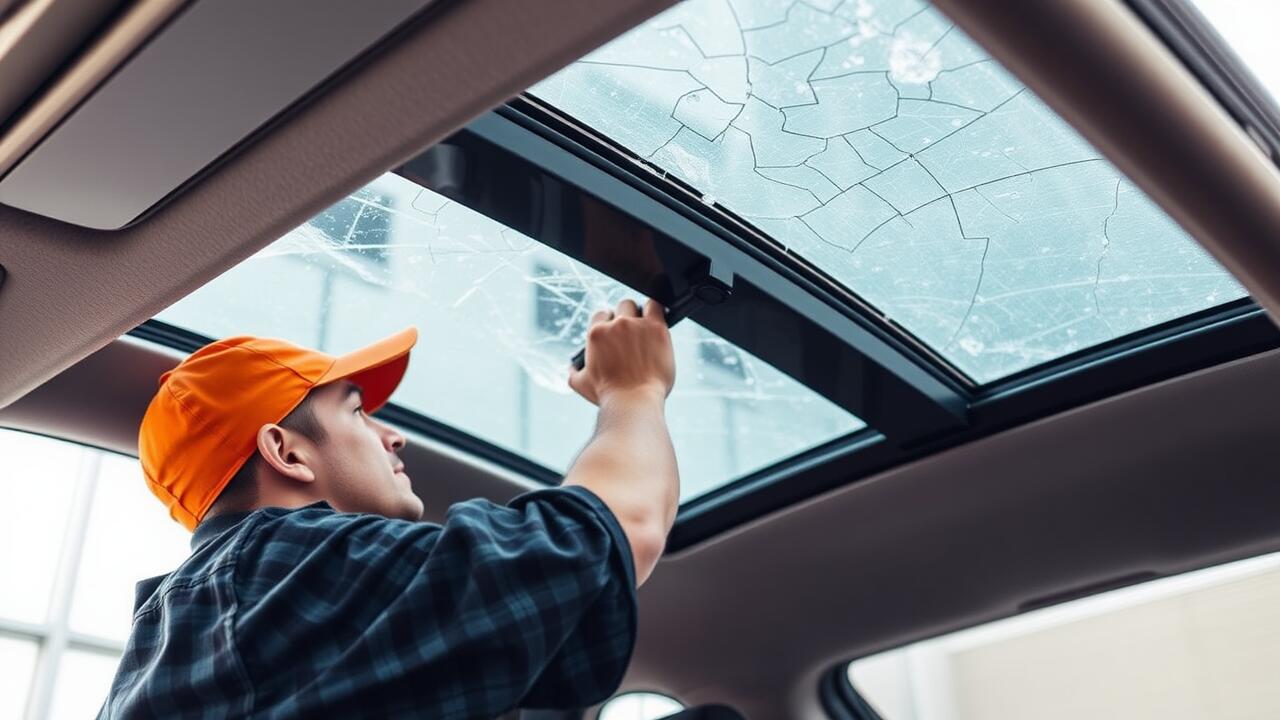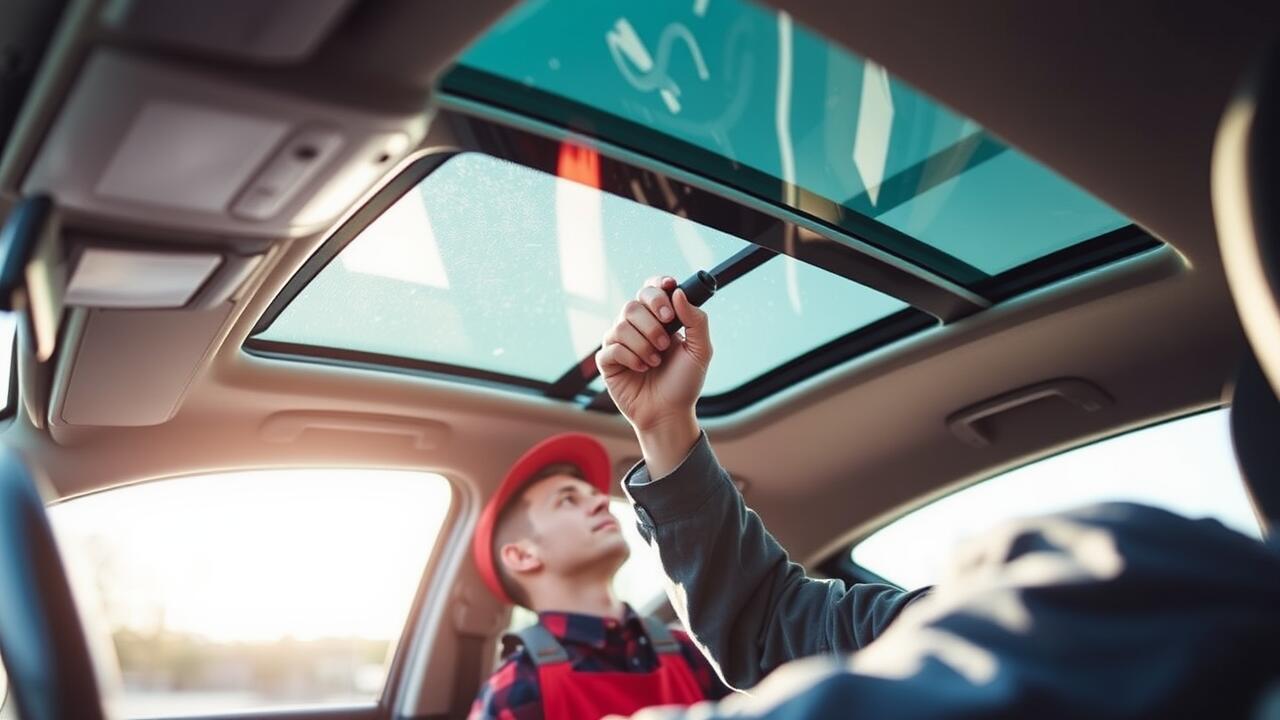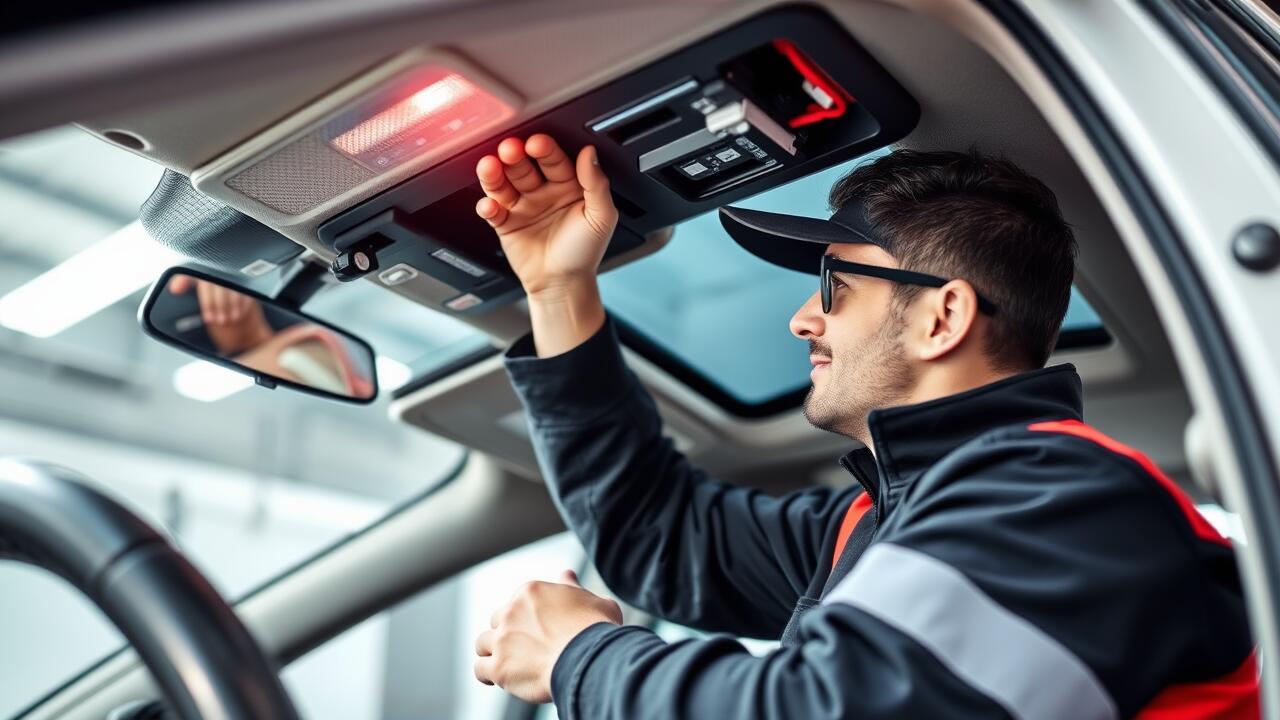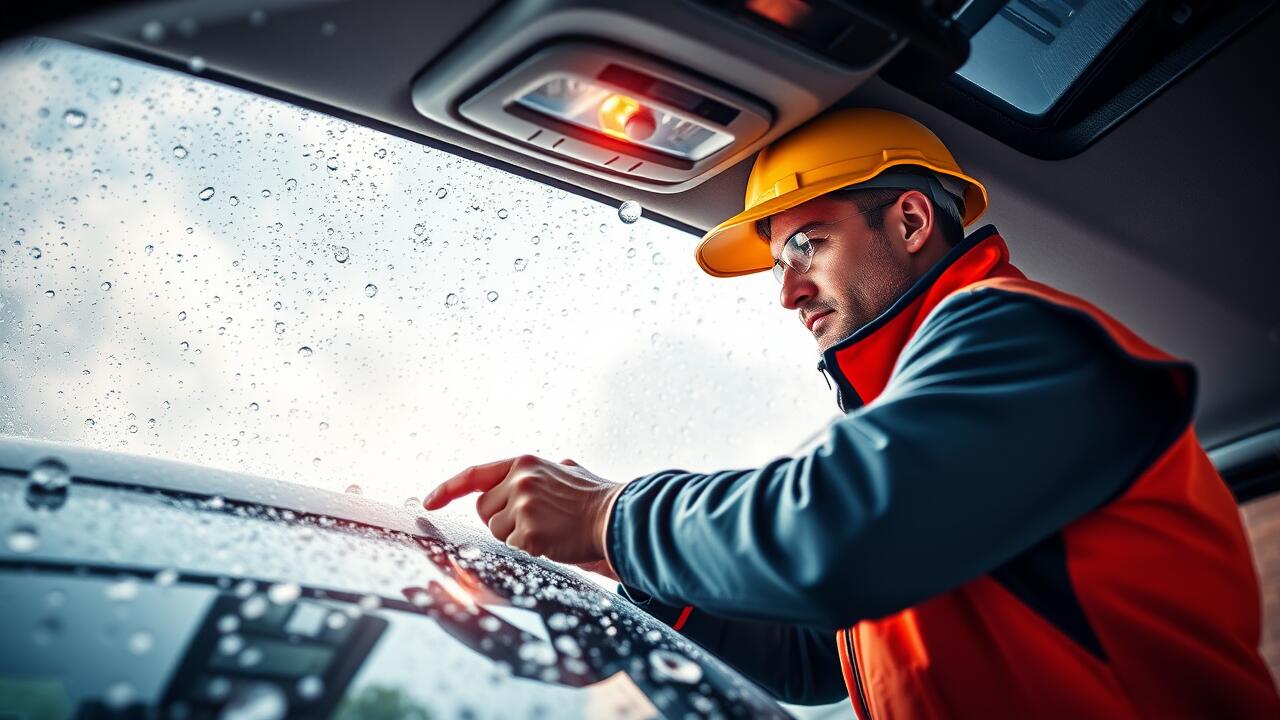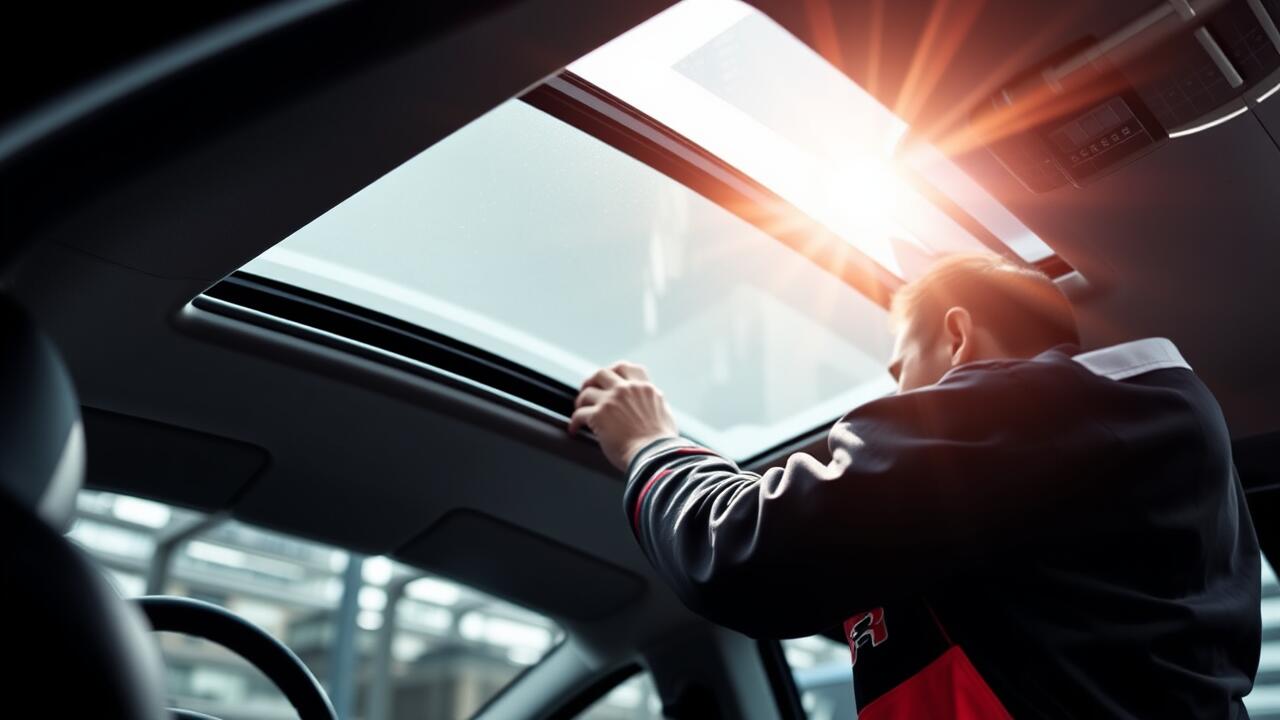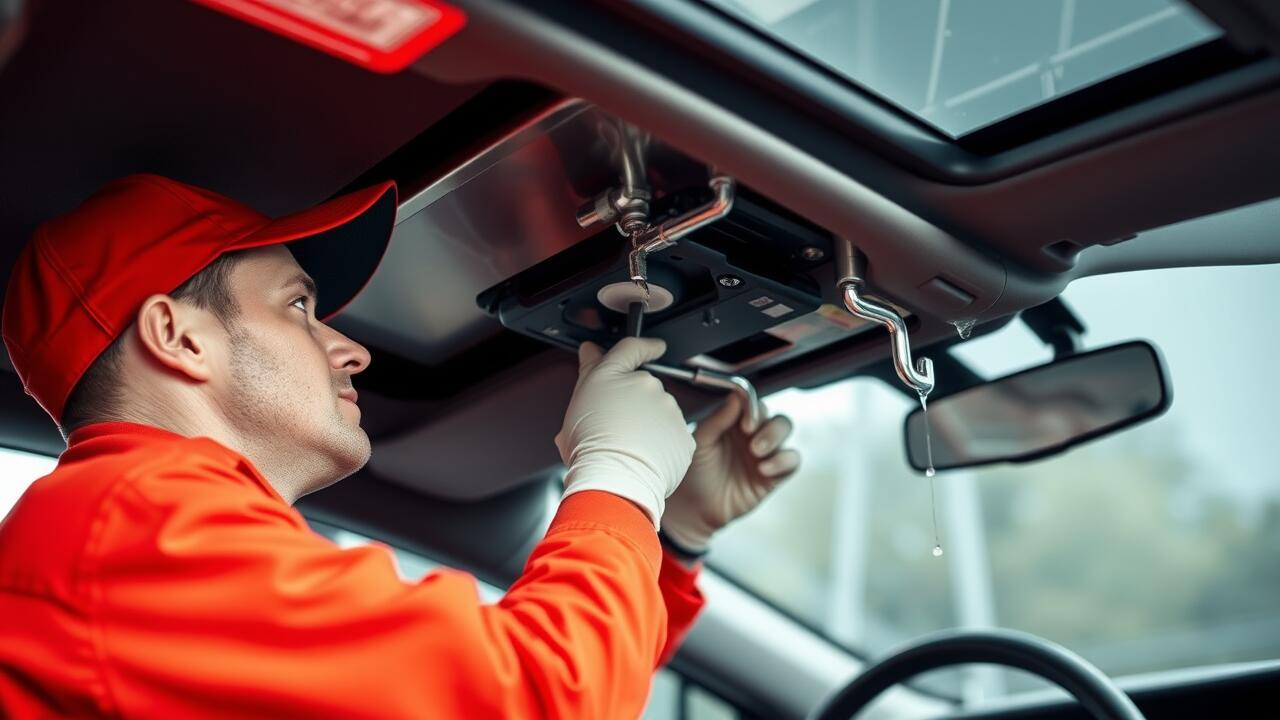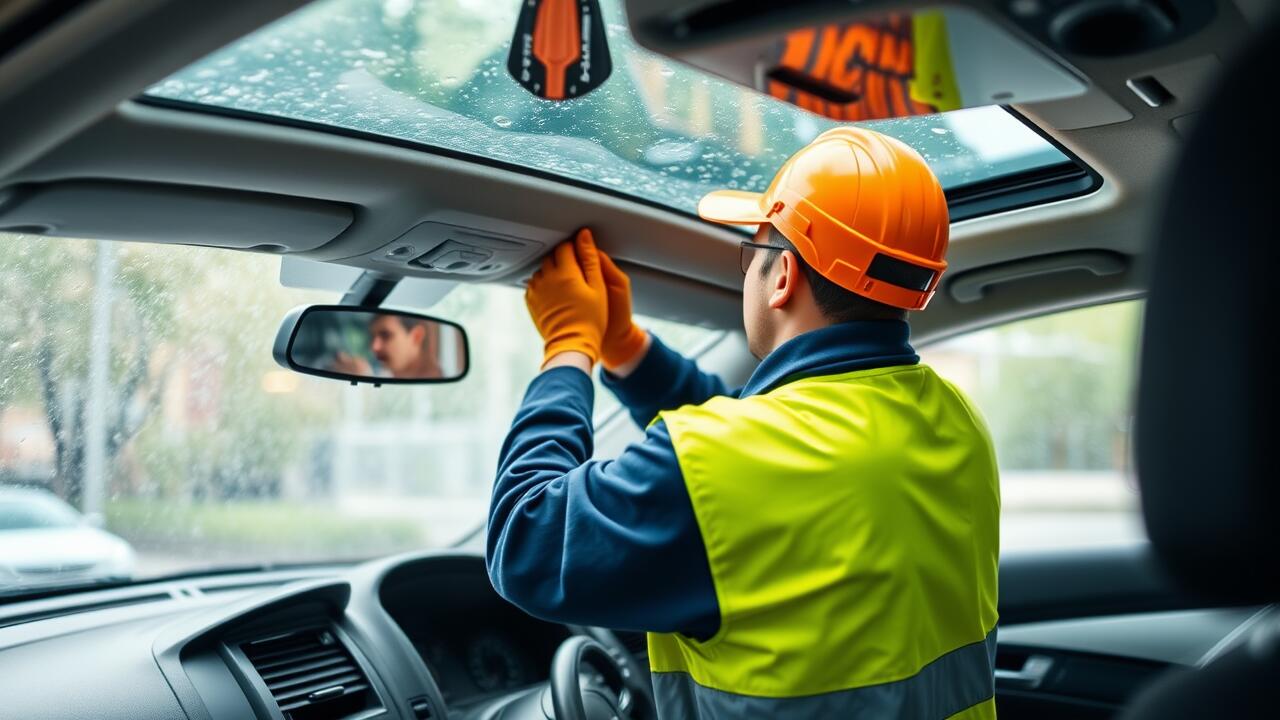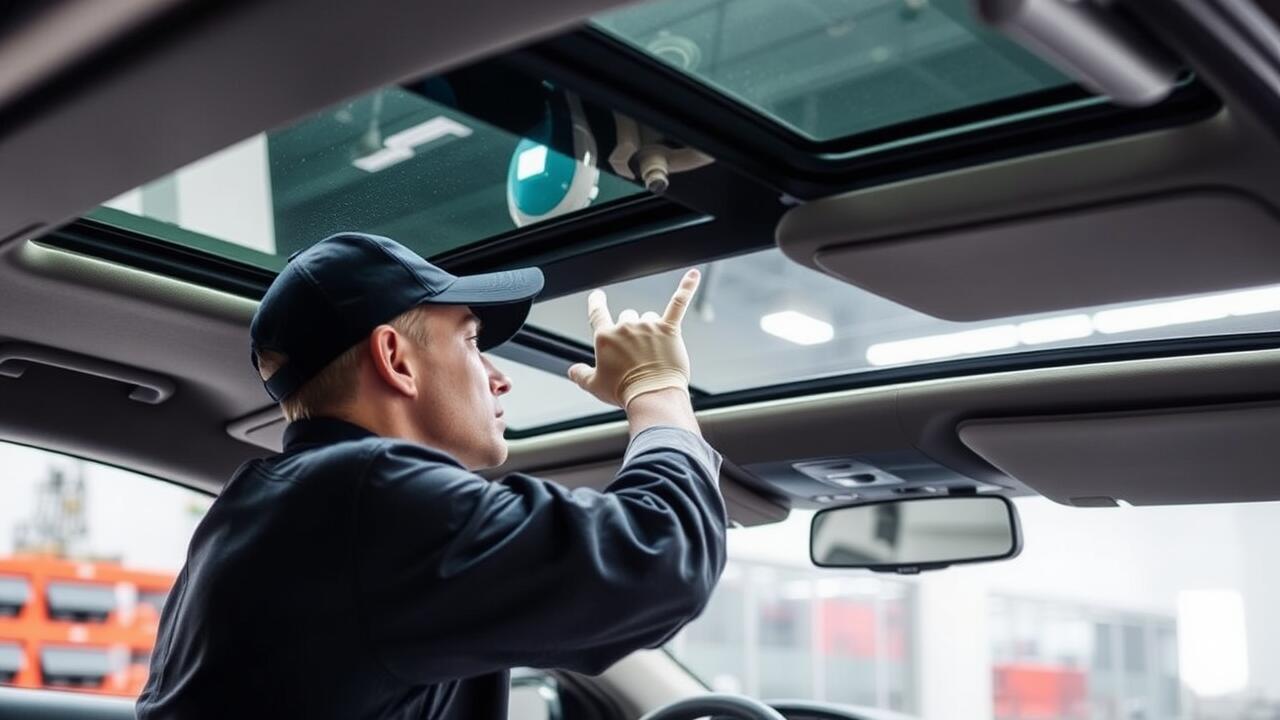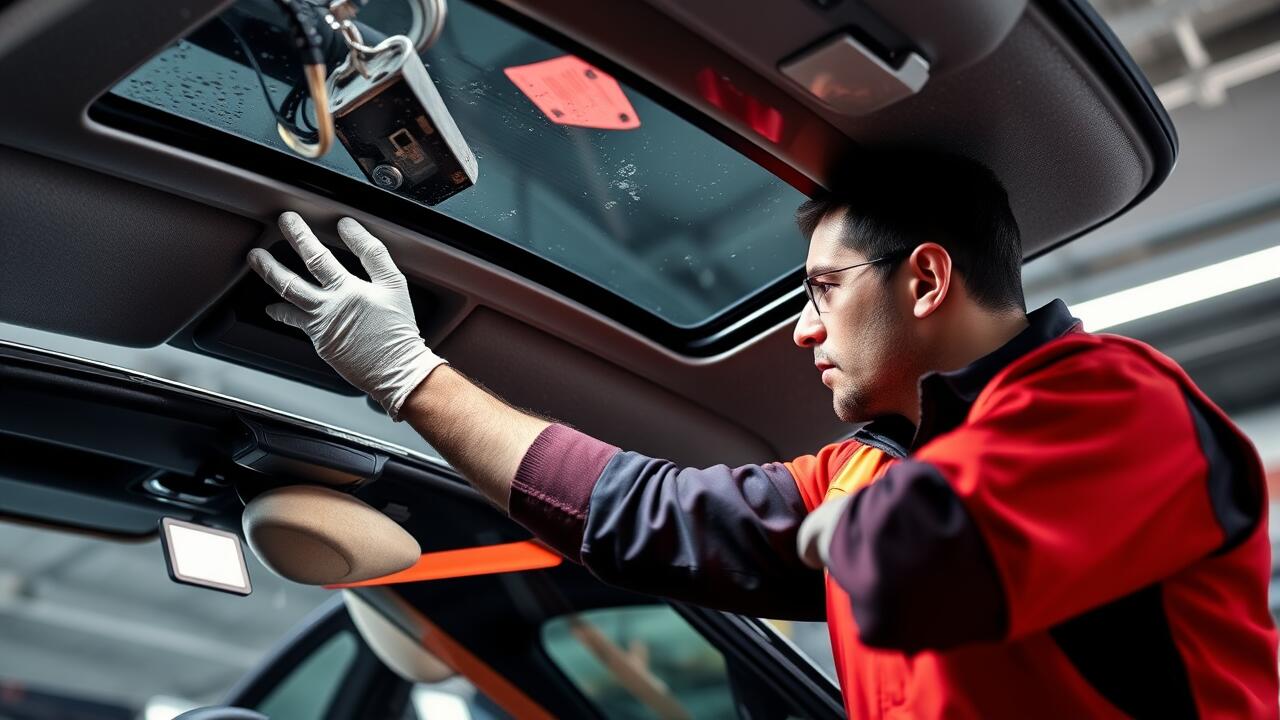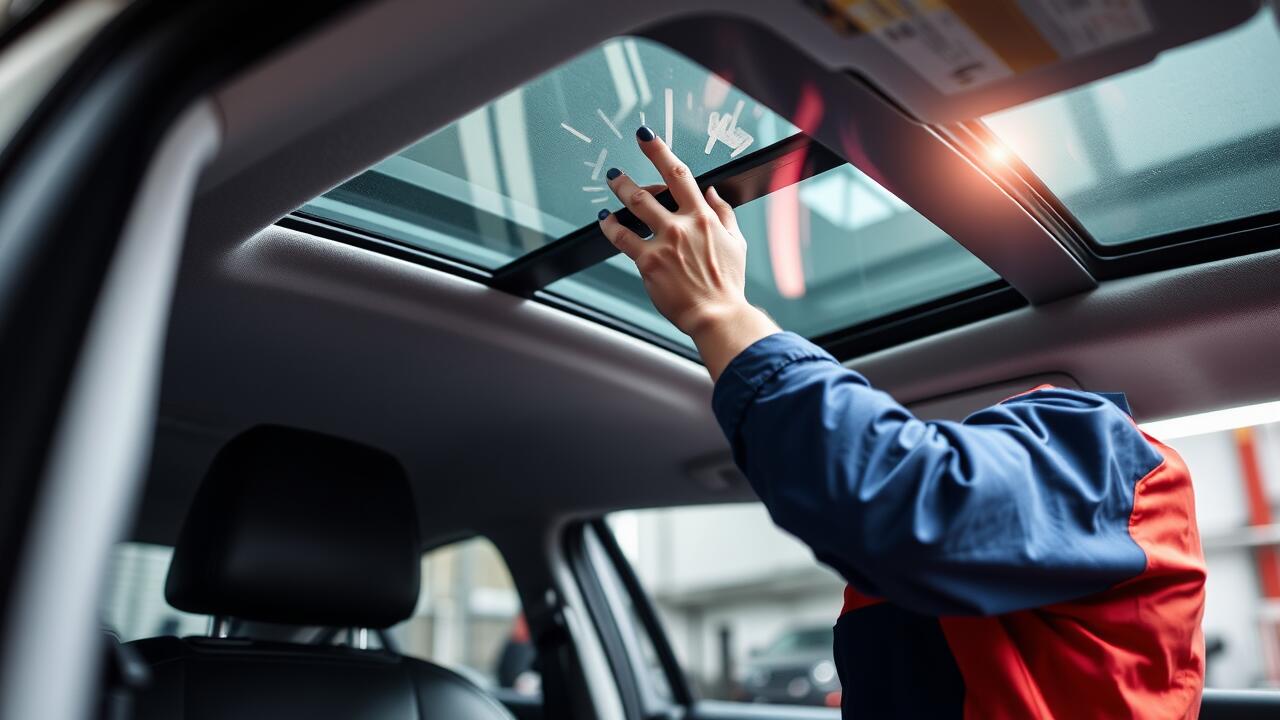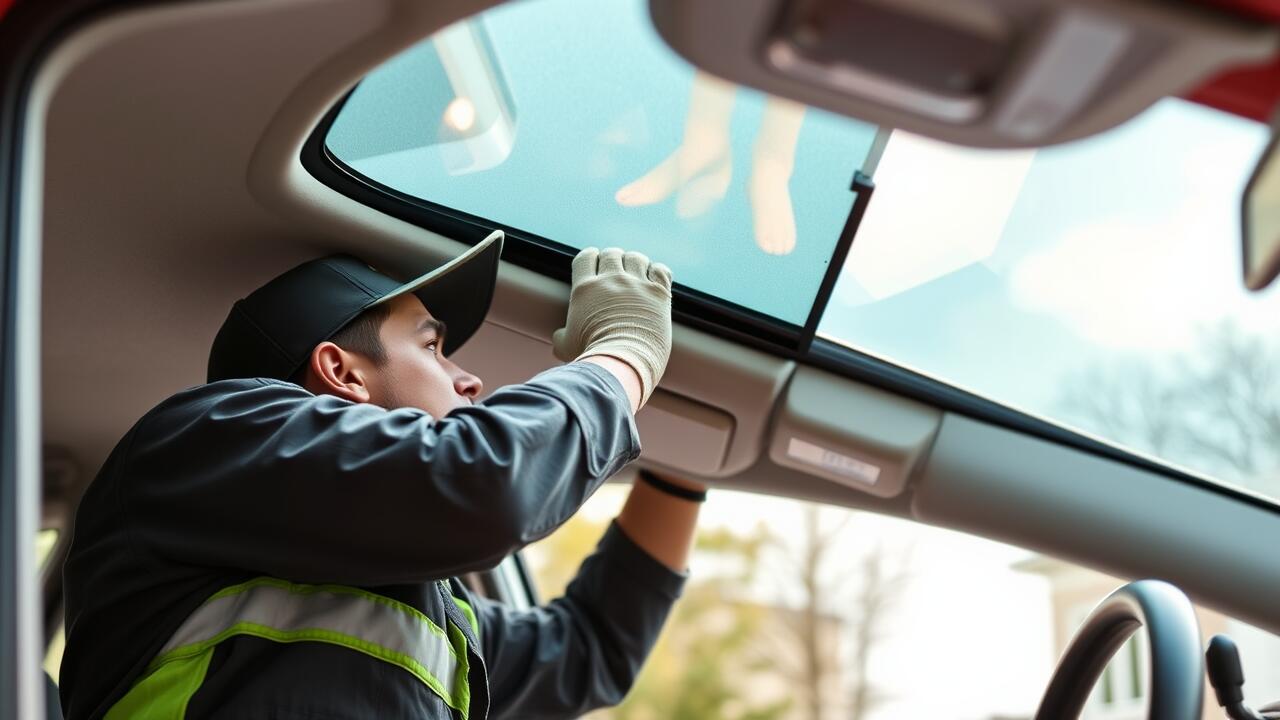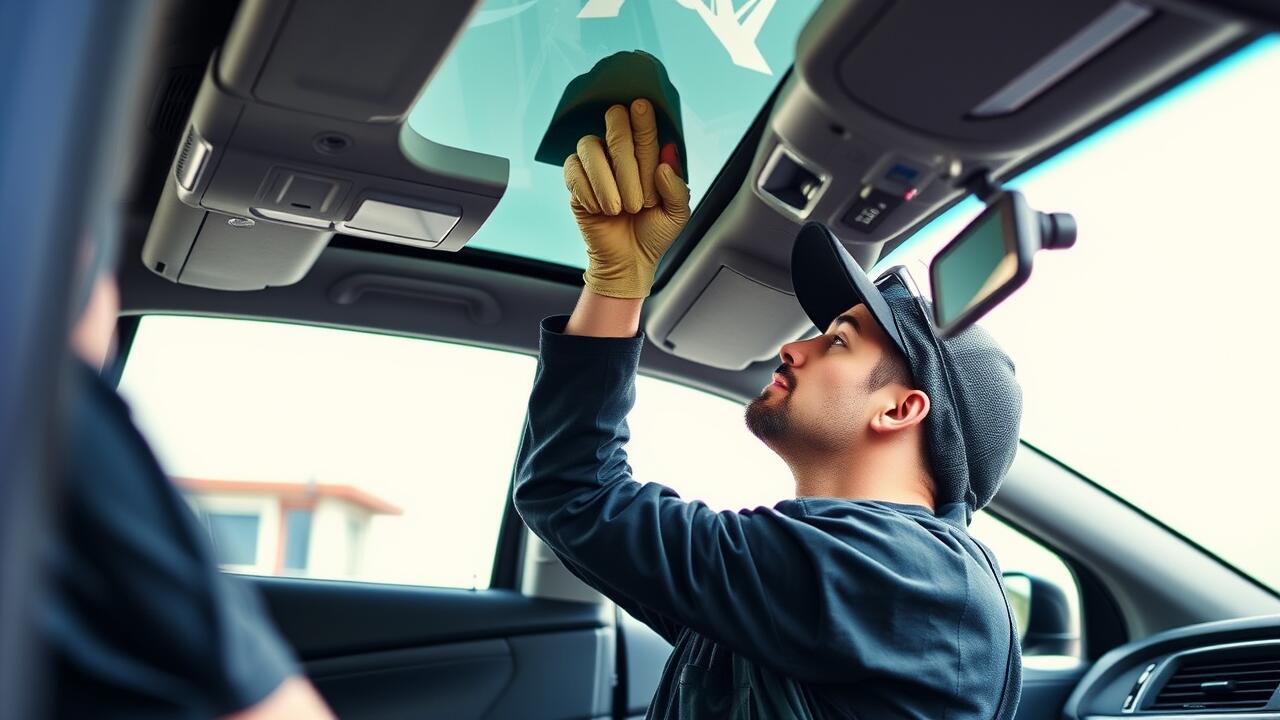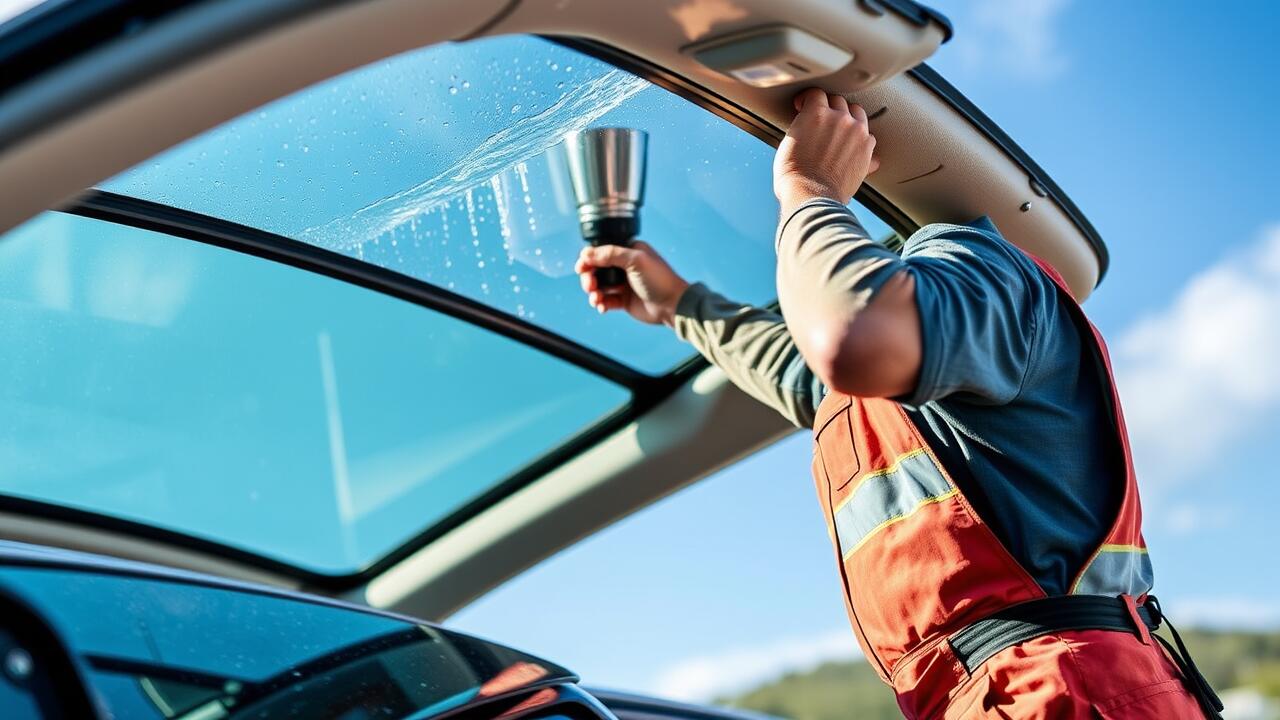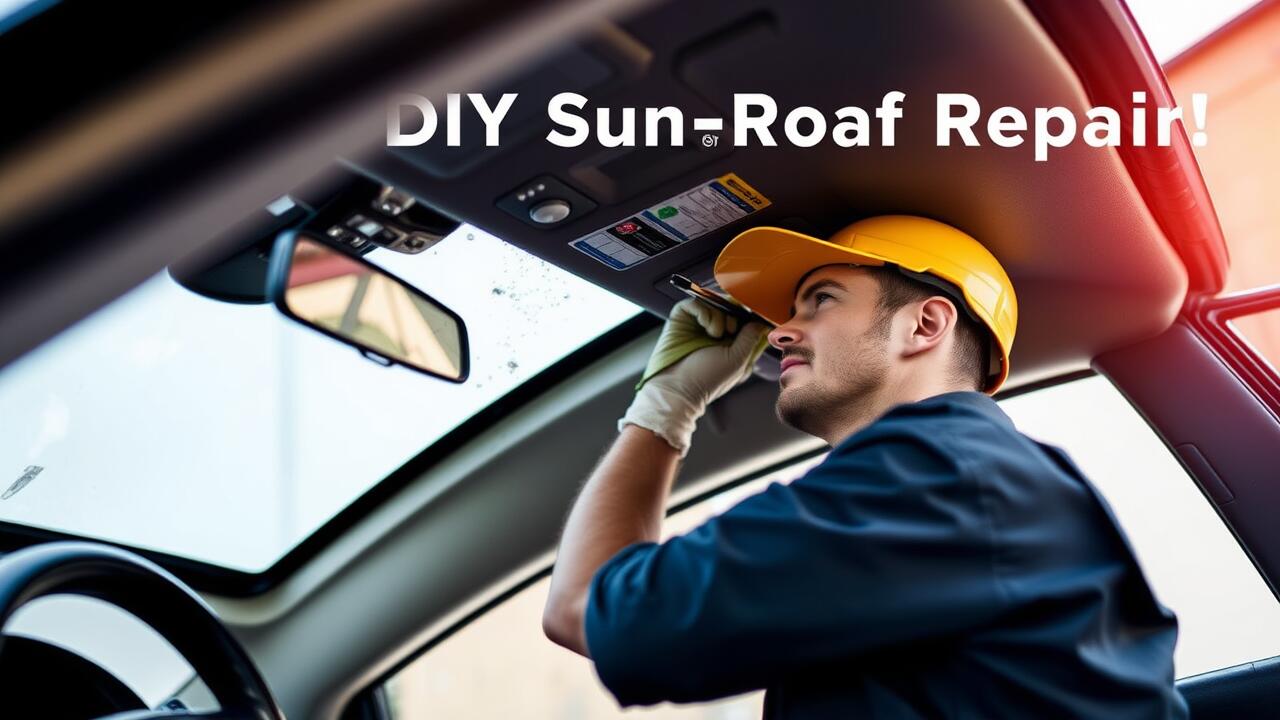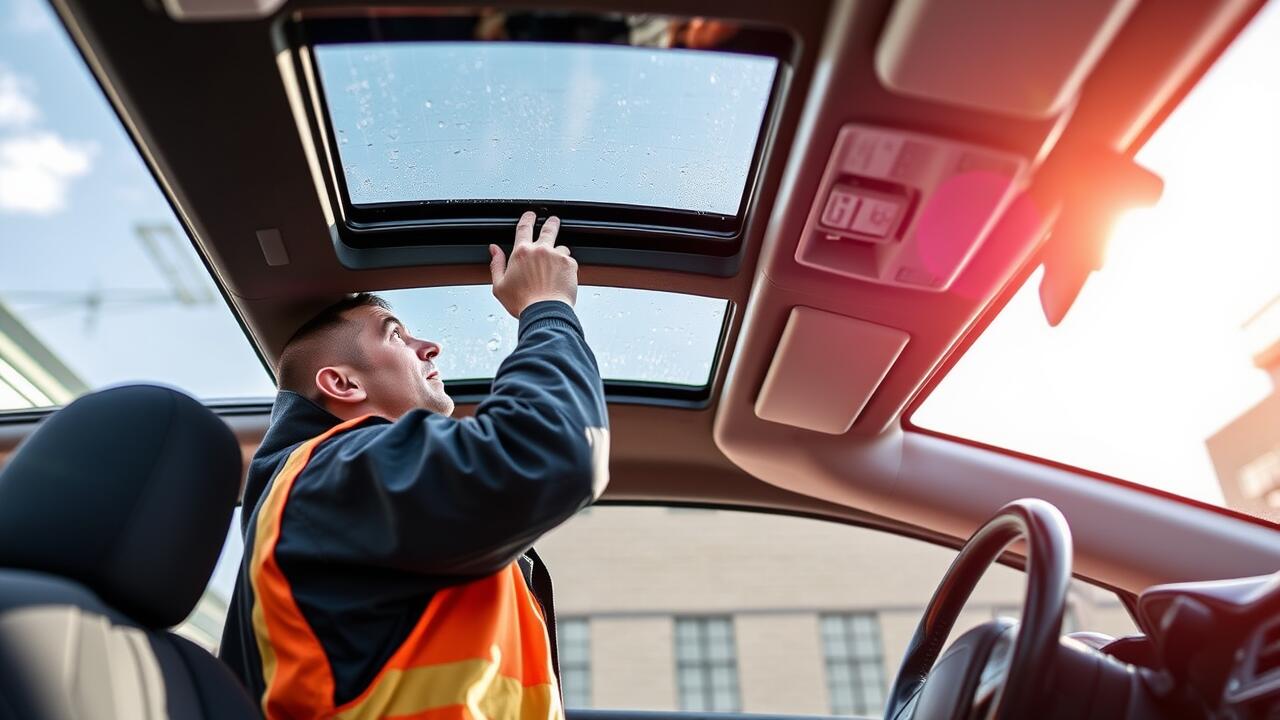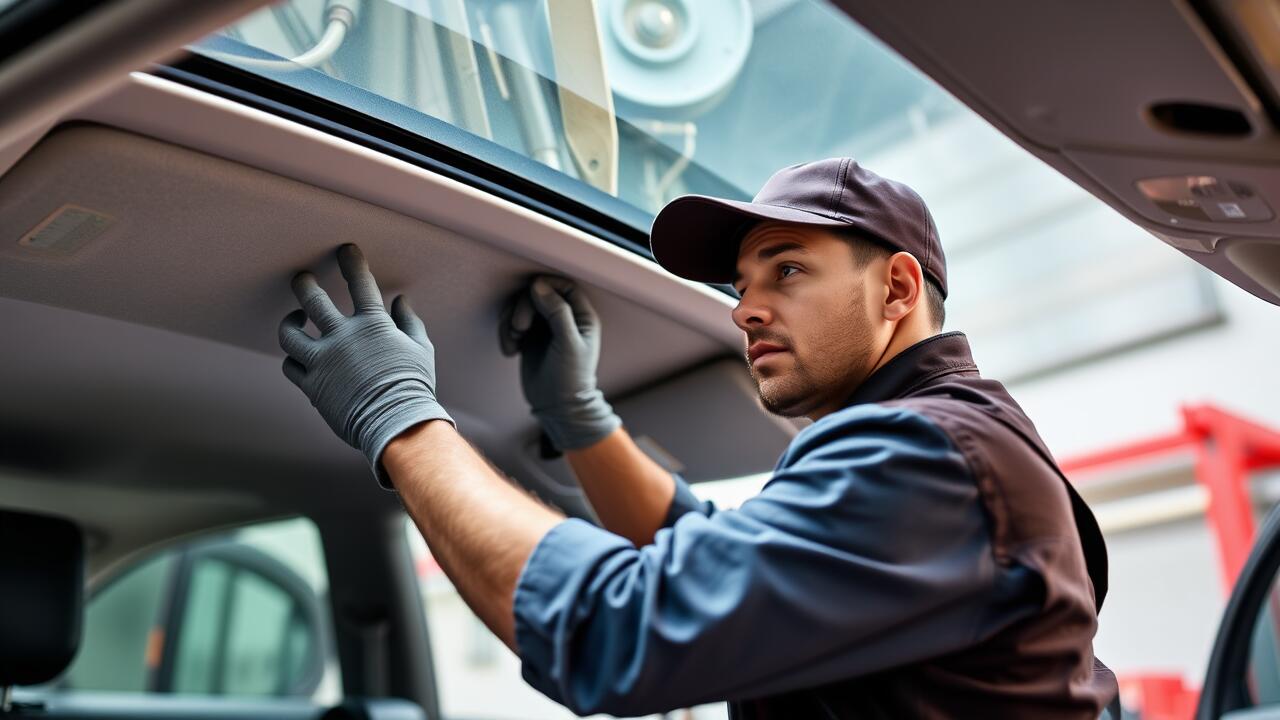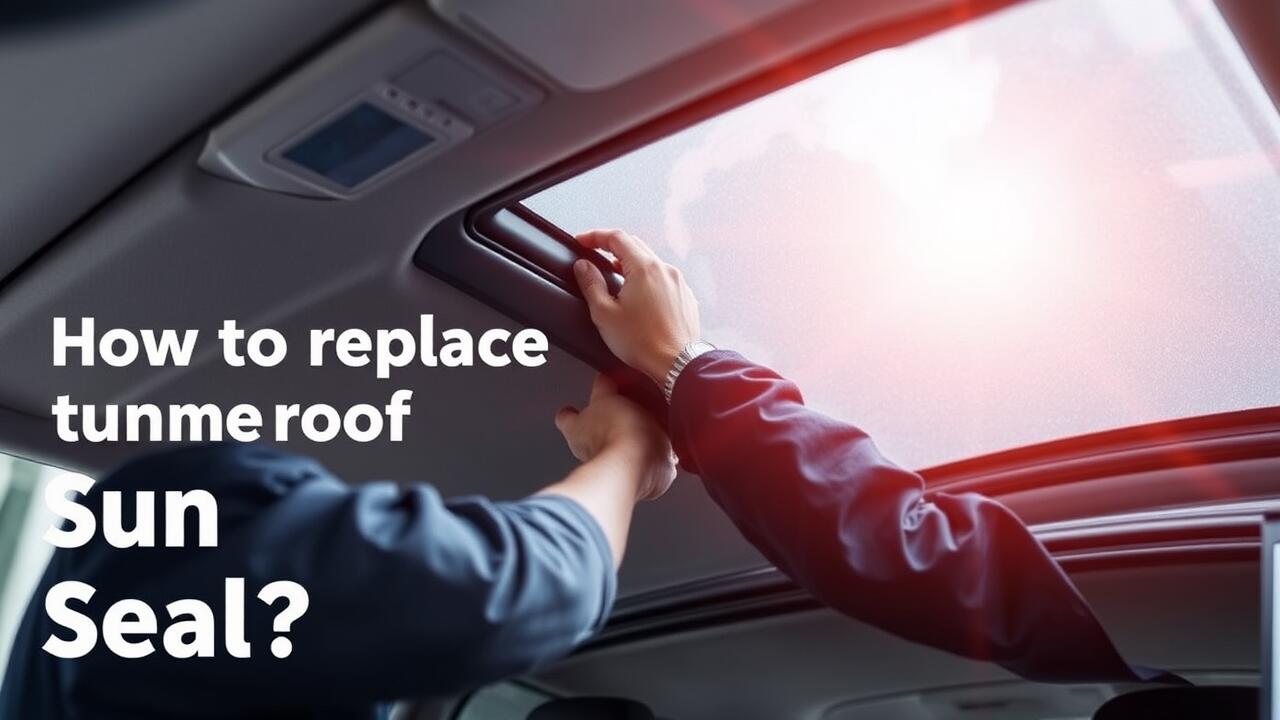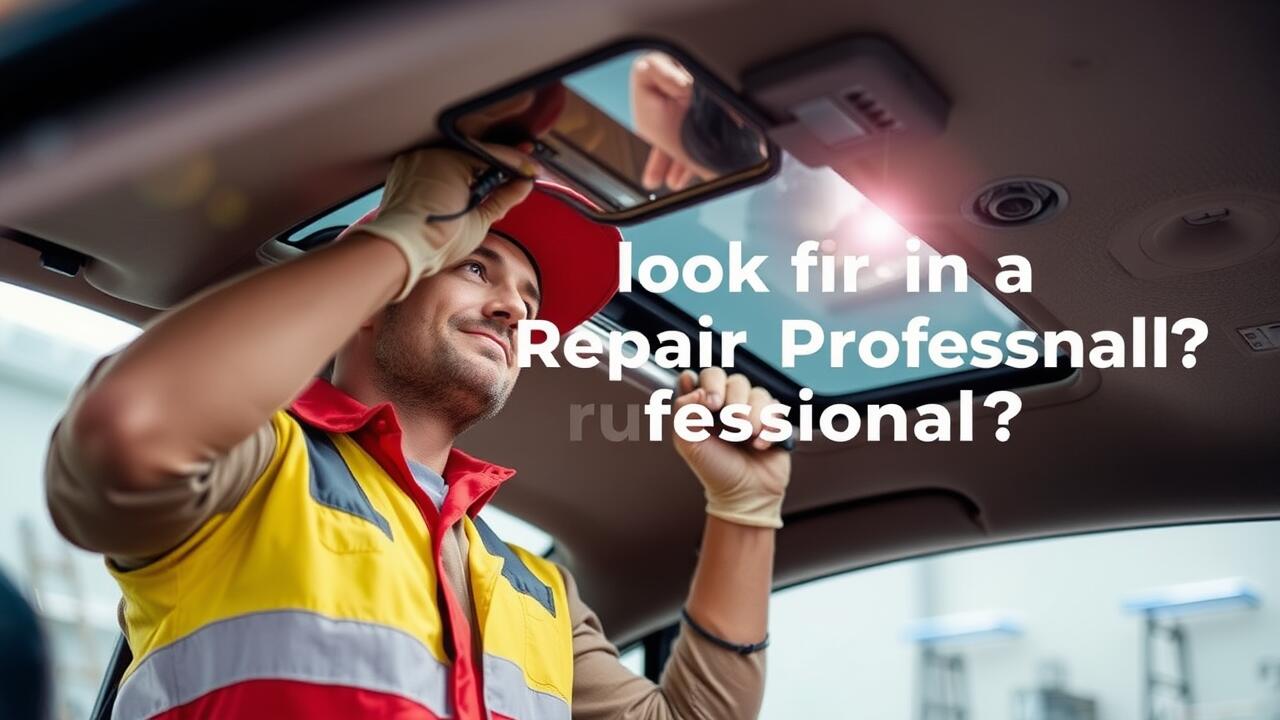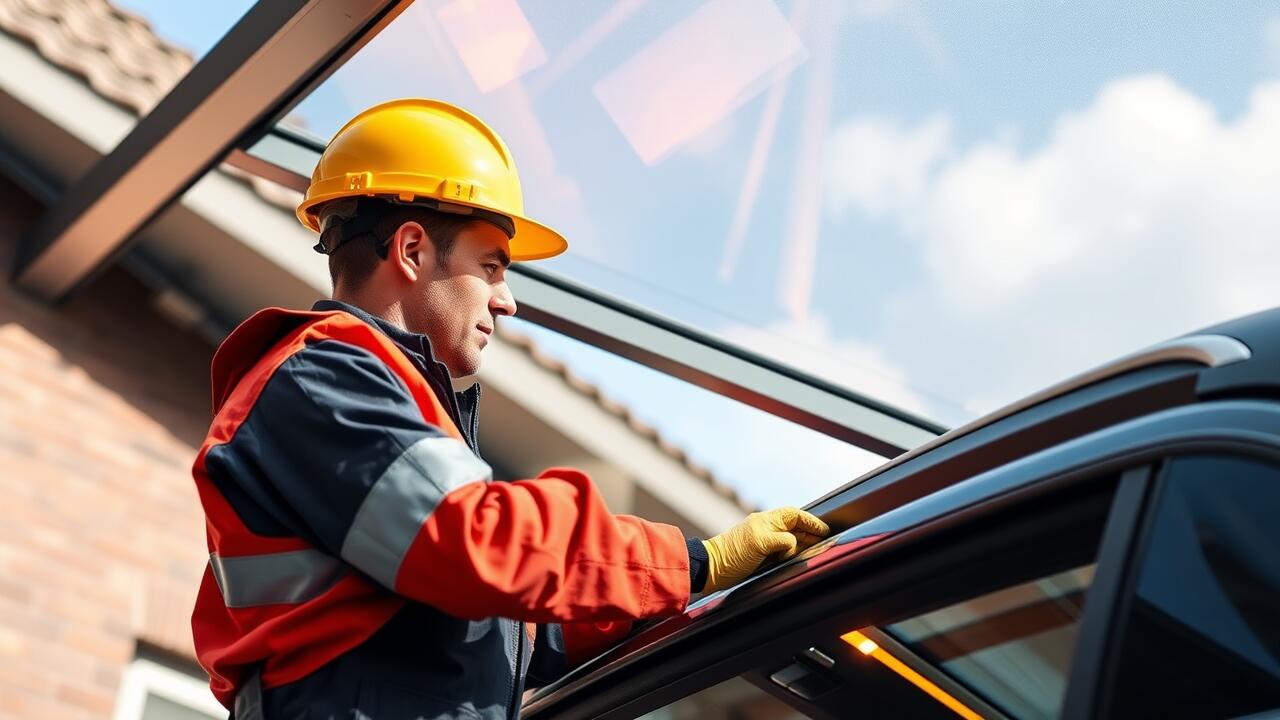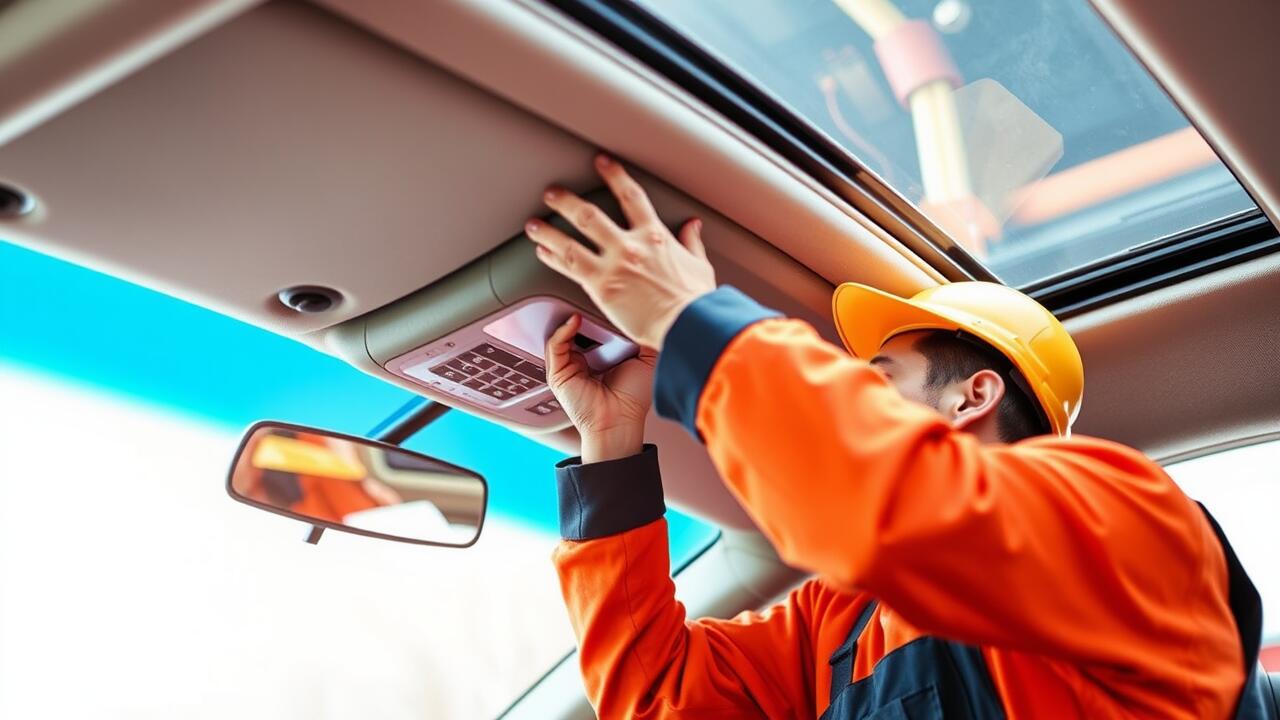
Table Of Contents
Seasonal Maintenance Tips
Regular maintenance of your sunroof should be a vital part of your vehicle care routine, especially as seasons change. During autumn, it’s wise to clear any leaves and debris that might collect around the sunroof tracks, as this can hinder proper drainage. In winter, ensuring that the seals are intact helps to prevent moisture from seeping in, which can lead to unwanted ice formation. Regularly applying a silicone lubricant can also assist in keeping the mechanism operational and free from rust or corrosion.
Spring is an excellent time for a thorough inspection. Check for dirt accumulation in the sunroof track and clean it out to maintain proper drainage. The warmer months may invite more frequent use of your sunroof. Performing a quick functionality check ensures everything opens and closes smoothly. Neglecting these small tasks could lead to significant issues down the line, requiring expensive sunroof repair and potential damage to your interior.
Preparing Your Sunroof for Changing Weather
Regular maintenance of your sunroof is essential as the seasons change. In autumn, it's wise to remove fallen leaves and debris from the sunroof and its drainage channels to prevent blockage. This blockage can lead to water pooling, potentially causing leaks. During winter months, ensure the sunroof seals are in good condition to keep out moisture and cold air. A thorough inspection of these seals can save you from costly sunroof repair in the future.
As the weather warms up, check the functionality of your sunroof. Open and close it several times to confirm it's operating smoothly. Any unusual noises or resistance may indicate that the lubricants in the moving parts have degraded. Consider applying a silicone-based lubricant to the tracks to ensure they remain functional. Keeping an eye on these factors makes it easier to identify issues early, minimising the need for extensive sunroof repair later on.
Identifying Common Sunroof Issues
Sunroofs can experience a range of issues that may affect their functionality. Common problems include leaks, noises, and difficulty in opening or closing the panel. Such symptoms may lead to the need for sunroof repair if left unchecked. A thorough inspection can help identify seals that have worn out or accumulated debris in the drainage channels, both of which are frequent culprits behind water ingress and operational issues.
Another concern is the potential for rust or corrosion, particularly around the edges of the sunroof frame. This can occur due to prolonged exposure to moisture and inadequate maintenance. If you notice any irregularities, it's vital to address them promptly. Regular checks can prevent minor issues from escalating into costly repairs, preserving the integrity and aesthetics of your vehicle.
Signs That Indicate Potential Problems
Pay attention to any unusual noises when operating the sunroof. If you hear grinding, rattling, or popping sounds, this may indicate worn components or debris obstructing the mechanism. Additionally, if the sunroof struggles to open or close smoothly, it could be a sign that a part needs lubrication or replacement. Ignoring these sounds could escalate the need for significant sunroof repair later.
Water leaks are another critical issue to watch for. If you notice dampness in your car's interior, particularly around the sunroof area, it might suggest a clogged drainage system or faulty seals. Regularly inspect for signs of rust or corrosion, especially in older vehicles, as these can worsen problems over time. Addressing these warning signs promptly can prevent costly sunroof repair down the line.
Professional Inspections
Regular professional inspections are essential for the longevity of your sunroof. A qualified technician can assess the condition of the seals, tracks, and motor mechanisms. These components play a crucial role in the overall function of the sunroof. Catching potential issues early can save you from costly sunroof repair down the track.
During an inspection, experts often recommend a detailed cleaning of the sunroof drainage system. Blocked drains can lead to water pooling and, eventually, damage to the interior of your vehicle. Maintaining these drainage systems can significantly reduce the likelihood of experiencing problems and needing urgent sunroof repair. Making professional inspections a regular part of your car maintenance routine can help ensure a trouble-free experience.
When to Seek Expert Help
If you notice persistent leaks or unusual noises coming from your sunroof, it may be time to seek professional assistance. Ignoring these signs can lead to further damage, resulting in costly repairs. An experienced technician can accurately diagnose the issue and provide the necessary sunroof repair services to restore its functionality.
Additionally, if your sunroof becomes stuck in an open or closed position, this could indicate a malfunction that requires expert attention. Attempting DIY fixes may worsen the situation. A professional will have the tools and knowledge to perform a thorough inspection, ensuring that any underlying problems are addressed effectively and efficiently.
FAQS
How often should I clean my sunroof?
It's recommended to clean your sunroof at least once every season to prevent dirt and debris buildup that can lead to blockages and potential leaks.
What materials do I need to clean my sunroof?
You’ll need a soft cloth or microfiber towel, a gentle automotive soap, a soft brush for hard-to-reach areas, and some water. Avoid harsh chemicals that could damage the glass or seals.
How can I tell if my sunroof has a problem?
Common signs of sunroof issues include water leaks inside your vehicle, unusual noises when opening or closing, or if the sunroof doesn’t open or close properly.
When should I consider getting a professional inspection for my sunroof?
If you notice any signs of potential problems, such as leaks or operational issues, or if you haven't had your sunroof inspected in a long time, it's best to seek expert help.
Can I fix a leaking sunroof myself?
While minor repairs, like unclogging drainage channels, can often be done at home, it's advisable to consult a professional for more serious issues to avoid further damage.
